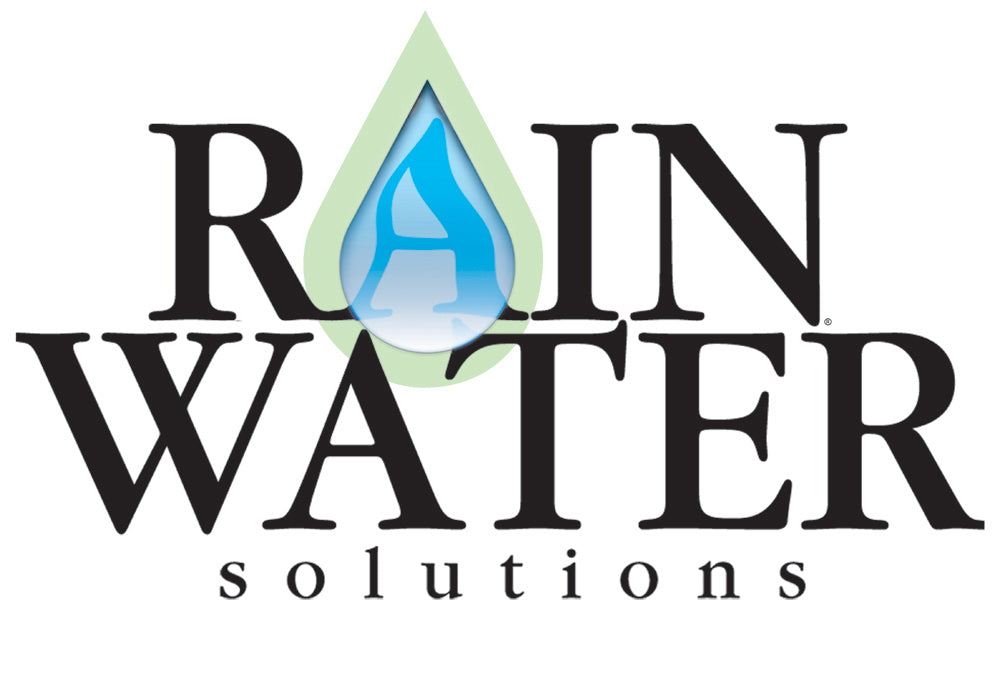By Steve Goldberg
Theoretically, rainwater harvesting and reuse has a number of tangible benefits:
- It’s a free source of water that can be obtained with something as simple and inexpensive as a rain barrel collecting rooftop runoff.
- It can reduce the load on stormwater systems, which can in turn result in fewer pollutants entering local bodies of water.
- It can decrease the use of potable municipal water for nonpotable needs.
- A lot of energy is required to obtain, clean, and transport water; if demand decreases as a result of rainwater harvesting, less energy will be required to process a lower demand for potable water.
- Both homeowners and business owners may see a reduction in their water bills and stormwater fees.
- LEED credits may be available for some applications.
- With some setups, it can offer an independent supply of water, separate from the local municipal system (e.g., in case of possible contamination of the water system).
Nevertheless, rainwater harvesting isn’t without controversy, with sometimes strong opinions espousing opposite sides of a number of issues.
Water Rights
Before October 2009, a homeowner in Washington state collecting rainwater from his or her roof could have been cited for being in violation of state regulations. In Colorado, a similar situation existed until the state recently changed its laws. California passed its Rainwater Capture Act, permitting private use of rainwater collected from rooftops without the necessity of obtaining a water right, only in November 2012.
